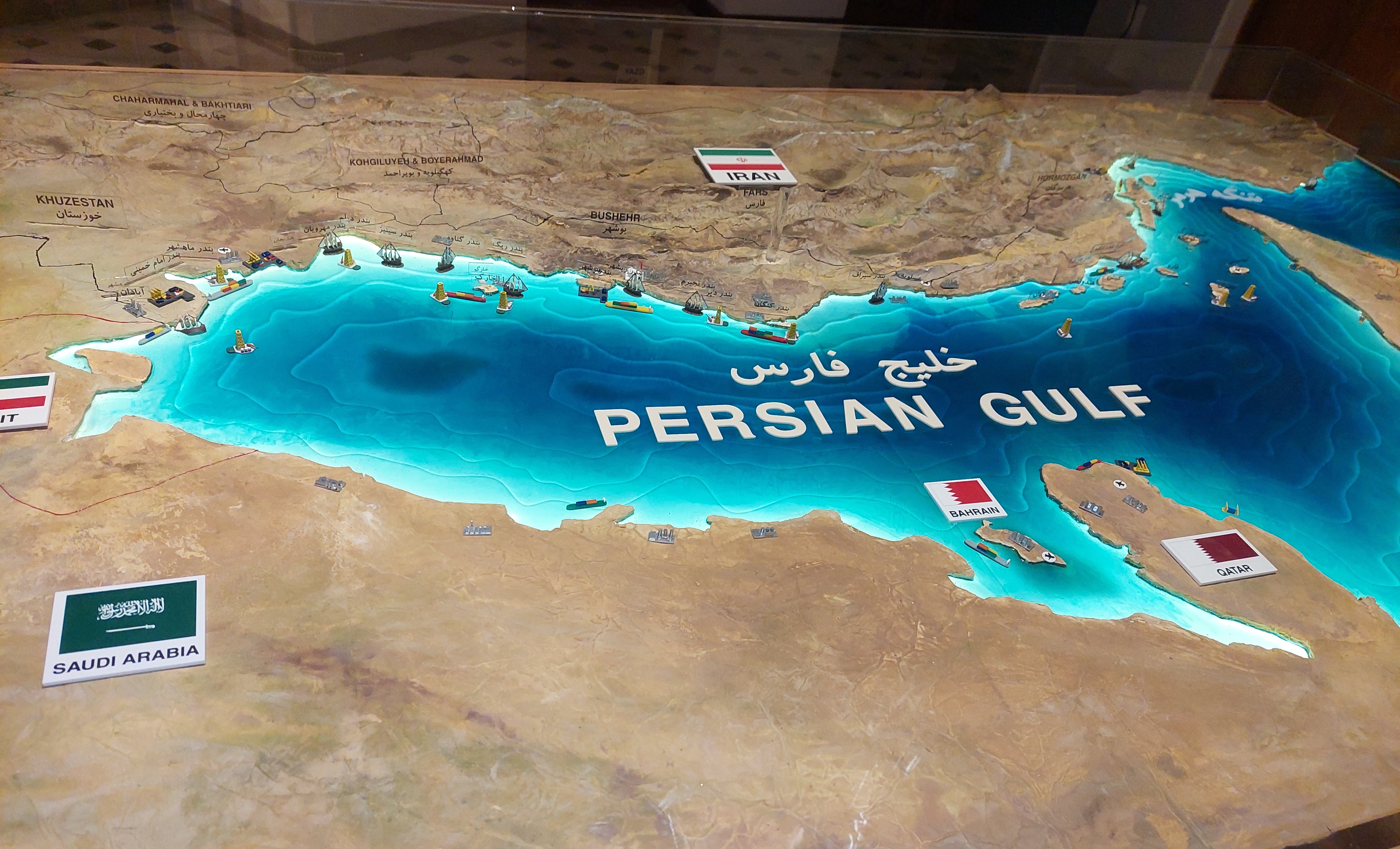Categories
The latest content
-

Customs Clearance & Import Regulations for Bulk Iranian Pinto Beans in EU, Middle East & Africa
..
-

Quality Control & Laboratory Testing Standards for Iranian Pinto Beans
..
-

Logistics & Shipping Solutions for Bulk Iranian Pinto Bean Exports
..
-

Minimum Order Quantity (MOQ) & Bulk Pricing for Iranian Pinto Bean Buyers
..

Tags
Sweet Synergy: How Persian Gulf Countries Can Benefit from Collaboration on Iranian Dates?

Iran, with its ideal climate and long-standing tradition of date cultivation, is a significant global producer of high-quality dates. While Iranian dates are enjoyed worldwide, the proximity and cultural similarities of the Persian Gulf countries create unique opportunities for mutually beneficial collaboration. This post explores how these nations can leverage the strengths of Iranian date production to enhance their own economies, food security, and culinary offerings.
1. Diversifying Import Sources & Enhancing Food Security:
• Reducing Reliance on Single Suppliers: Persian Gulf countries, often reliant on a limited number of import sources for dates, can diversify their supply chains by incorporating Iranian dates. This reduces vulnerability to price fluctuations and supply disruptions from any single origin.
• Boosting Food Security: Adding a readily available and high-quality source of dates from a neighboring country can significantly bolster food security initiatives. Dates are a staple food in many Gulf countries, making a reliable supply crucial.
• Cost-Effectiveness: Due to shorter transportation distances and established trade routes, importing dates from Iran can often be more cost-effective than sourcing them from more distant producers.
2. Expanding Culinary Horizons and Tourism:
• Introducing Unique Varieties: Iran boasts a wide array of date varieties, each with its own distinct flavor profile, texture, and appearance. Introducing these diverse options to the Gulf markets can enrich culinary traditions and appeal to a broader range of consumer preferences.
• Creating Fusion Cuisine: Chefs in the Gulf region can experiment with Iranian dates in innovative dishes, blending traditional flavors with modern culinary techniques. This can enhance the dining experience for both locals and tourists.
• Promoting Culinary Tourism: The inclusion of Iranian dates in local cuisine can be highlighted as a unique selling point for tourism, attracting visitors interested in experiencing the diverse flavors of the region.
3. Strengthening Trade and Economic Ties:
• Boosting Bilateral Trade: Increased trade in dates can contribute to stronger economic ties between Iran and its Gulf neighbors, fostering collaboration in other sectors as well.
• Creating Value-Added Industries: Persian Gulf countries can invest in processing and packaging facilities for Iranian dates, creating new jobs and adding value to the imported product. This could include date syrups, date-filled pastries, or date-based energy bars.
• Facilitating Joint Ventures: Opportunities exist for joint ventures between Iranian date farmers and Gulf-based companies, combining Iranian expertise in cultivation with Gulf capabilities in marketing, distribution, and finance.
4. Leveraging Processing and Packaging Expertise:
• Advanced Packaging Technology: Many Gulf countries have invested heavily in advanced food packaging technologies. Applying these technologies to Iranian dates can extend their shelf life, maintain quality, and enhance their appeal to international markets.
• Quality Control and Certification: Collaborating on quality control measures and certifications can ensure that Iranian dates meet the stringent standards of Gulf markets and international regulations, increasing consumer confidence.
5. Research and Development Opportunities:
• Joint Research Programs: Collaborating on research programs focused on improving date cultivation techniques, developing disease-resistant varieties, and exploring new uses for dates can benefit all participating countries.
• Sharing Best Practices: Exchanging knowledge and best practices in date farming, processing, and marketing can enhance the efficiency and sustainability of the date industry across the region.
Challenges and Solutions:
While the potential benefits are significant, some challenges need to be addressed:
• Trade Barriers: Reducing tariffs and other trade barriers can facilitate the smooth flow of dates between Iran and Gulf countries.
• Political Tensions: Overcoming political tensions through dialogue and cooperation is crucial for fostering a stable environment for trade and investment.
• Quality Concerns: Implementing rigorous quality control measures and certification programs can address any concerns about the quality and safety of Iranian dates.
• Conclusion:
• Collaboration between Iran and Persian Gulf countries on date production and trade represents a win-win scenario. By leveraging their respective strengths and addressing the challenges, these nations can unlock significant economic, culinary, and cultural benefits, creating a sweeter future for the entire region.



